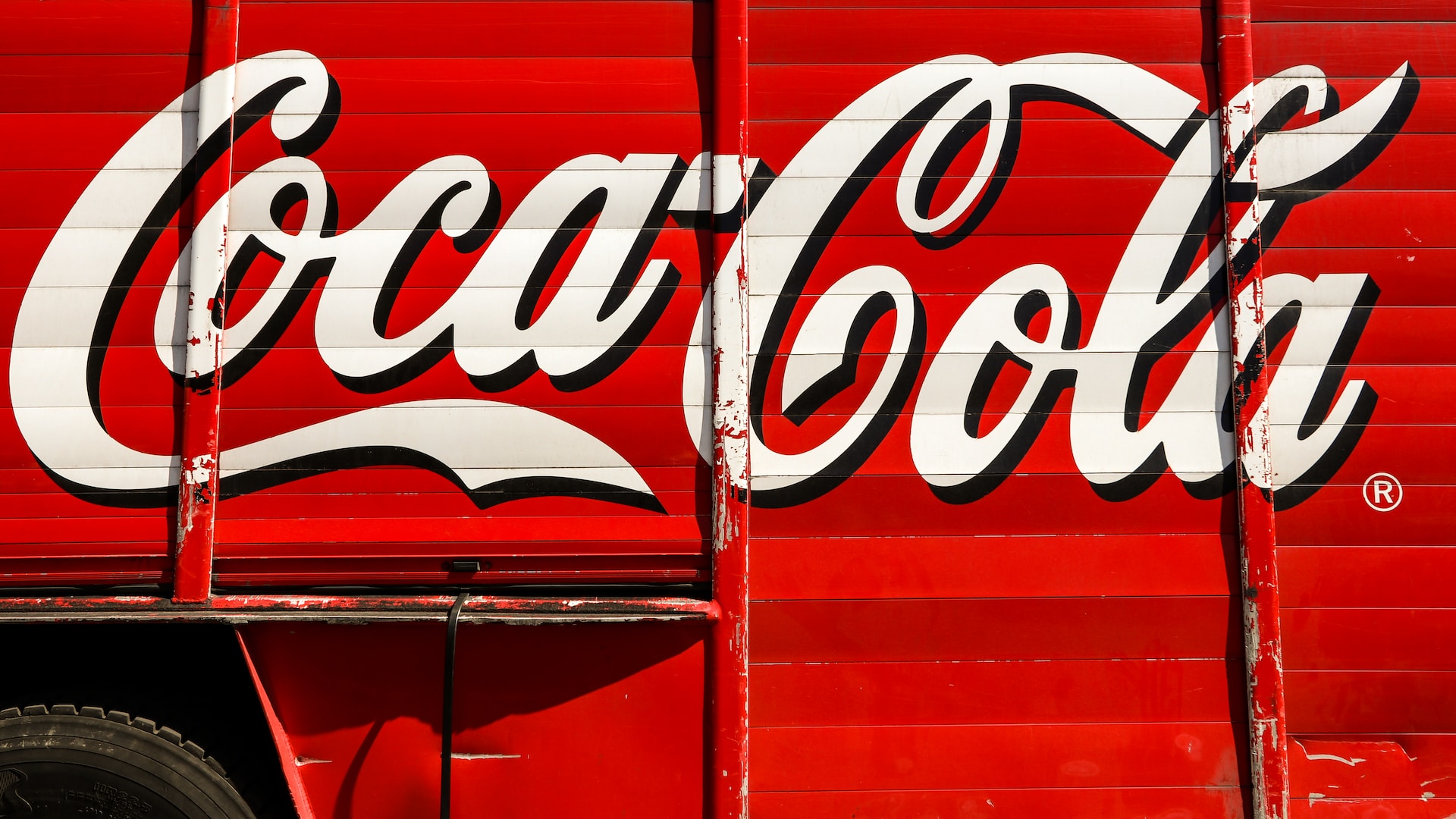In an unprecedented stride towards sustainable innovation, Coca-Cola, one of the world’s leading consumers of plastic, has disclosed ambitious plans to manufacture its bottle caps using carbon dioxide extracted directly from the atmosphere.
A Sustainable Partnership
This pioneering endeavor stems from a collaborative three-year research initiative at Swansea University. The collaboration emerges from Coca-Cola’s broader commitment to achieving net-zero carbon emissions by 2040, amidst rising global concerns over environmental degradation.
Shifting Away from Traditional Plastic
The soft drink behemoth has traditionally relied on fossil-fuel-based plastics, primarily due to their cost-effectiveness. However, in line with global trends pushing for sustainability, the company now aims to harness CO2, either from ambient air or direct factory emissions, to synthesize crucial components for plastics.

Professor Enrico Andreoli, spearheading the project, remarked, “Present-day plastic contributes significantly to atmospheric CO2. By transitioning our foundational material to carbon dioxide, we can entirely transition away from fossil fuels, producing plastic devoid of any fossil carbon imprints.”
The Science Behind The Vision
Elaborating on the breakthrough technology, Prof. Andreoli, an adept industrial chemist, explained that the transformation occurs within a modest black electrode. Here, an electric pulse courses through a CO2 and water blend, resulting in the formation of ethylene. This compound is essential for crafting the pliable variant of plastic integral to bottle caps.
He further emphasized the project’s current focus, stating, “Our primary objective is validating the laboratory efficacy of this technology.” Success at this stage would pave the way for scalable applications in the future.
Coca-Cola envisions sourcing the necessary CO2 from the proximate environs of its manufacturing facilities or directly from the emissions of its factories.
Traditional Ethylene Production: An Environmental Concern
Conventionally, ethylene is economically derived as a secondary product during petrochemical refining. This process involves heating fossil fuels to temperatures surpassing 800°C, subsequently “cracking” the necessary molecules for plastic production. However, this method has adverse environmental implications, having contributed over 260 million tonnes of CO2 emissions in 2020 alone. This staggering figure represents nearly 1% of global CO2 emissions, as reported by the esteemed Global Carbon Project.
A Decade of Sustainable Ambitions
Coca-Cola’s director of venturing for Europe and the Pacific, Craig Twyford, shared insights into the company’s forward-looking environmental strategy. He stated, “Our pledge to curtail our carbon footprint by 30% by 2030 will predominantly hinge on increasing our utilization of recycled plastics. The subsequent decade, leading up to 2040, will necessitate more groundbreaking endeavors. We’re exploring a plethora of technologies.”
He posed a thought-provoking question, “If humanity commences significant CO2 sequestration, how can this be leveraged beneficially?”
Apart from the initiative at Swansea University, Coca-Cola has also committed to a parallel research project in California. This project aims at transforming CO2 into a synthetic sugar substitute.
In Conclusion
Coca-Cola’s visionary steps underscore the pressing need for industries to reimagine traditional practices. By turning a detrimental greenhouse gas into usable products, the company is not only working towards its sustainability goals but also setting a precedent for corporations worldwide. The transition from being part of the problem to becoming a significant part of the solution marks a promising trajectory in the fight against the climate crisis.
©globalgreenhouse.eu

